The Art Show That’s All Potatoes
It’s courtesy of the tuber’s biggest hype man.

Consider the humble potato. Linguistically, it’s often used to denigrate. Unimportant things are “small potatoes,” and we all try not to be “couch potatoes.” Nearly alone among vegetables, its nutritional value is questioned, making mashed potatoes and french fries something of a guilty pleasure.
But to artist and professor Jeffrey Allen Price, potatoes transcend their homely image. In fact, he might be the potato’s number one hype man. Price is the proud owner of 5,000 pieces of potato ephemera, from toys to books to snacks. He collects on behalf of his Think Potato Institute, which encompasses potato art, potato music, and potato events. Until June 15, 100 of his collectibles will be on display at Stony Brook University’s Charles B. Wang Center.
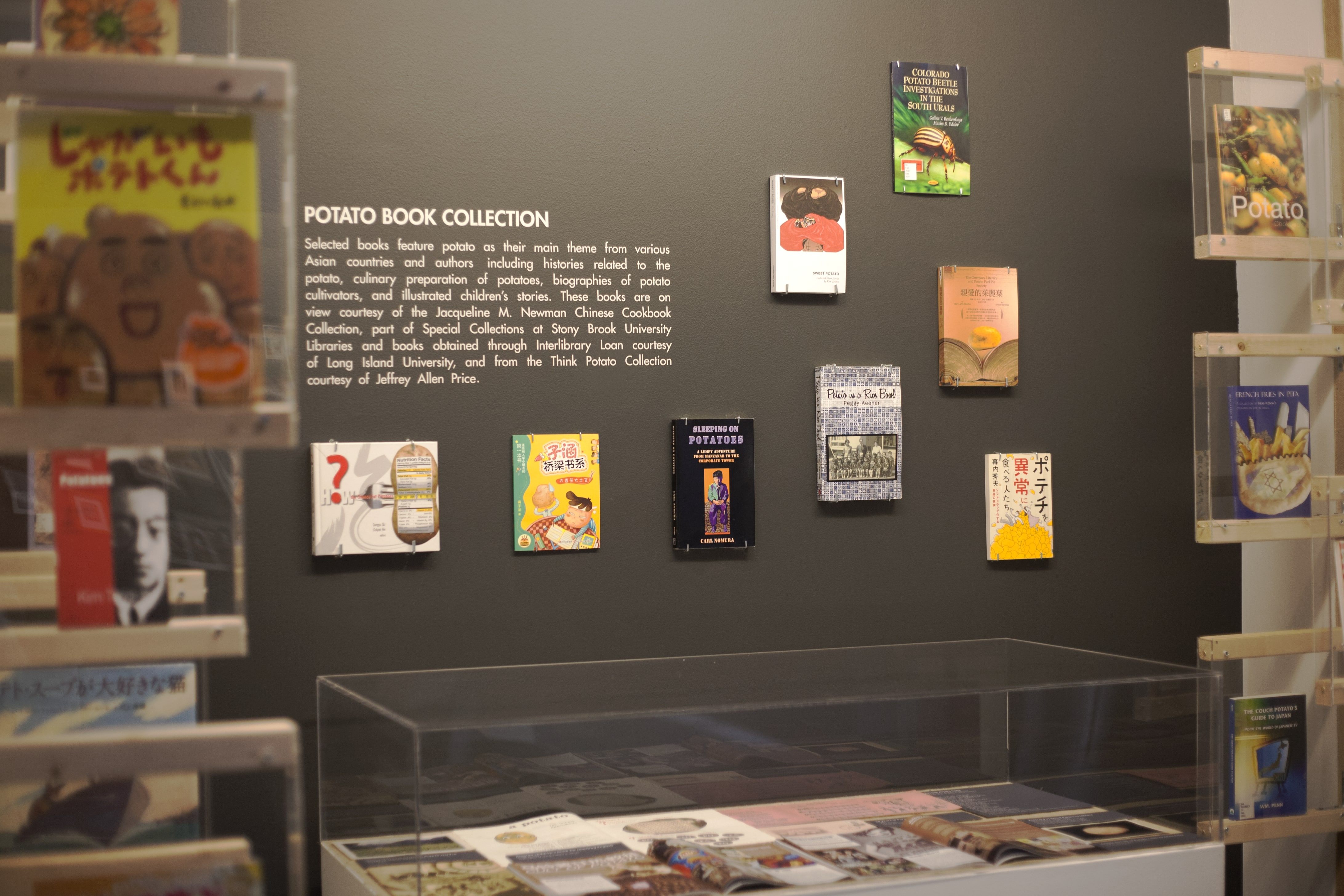
At the exhibition—titled Potasia: Potatosism in the East—the potato is king. Nineteen artists from Asia contributed artwork, which was curated by Price and the Wang Center’s director of cultural programs, Jinyoung Jin. Each and every work incorporates potatoes, whether in paint, video, or actual embellished potatoes.
Potasia is the sixth potato-themed art show that Price has curated. In honor of the tuber, he’s thrown events, amassed his collection, and even composed music (you can check out his band Potatotron on Soundcloud). While potatoes are often derided for their goofy name and lumpy appearance, they remain “humble, earthy, versatile, and healthy,” Price says. Potatoes spread from Peru across the planet to feed millions, providing nourishing and familiar meals in nearly every country. This, Price says, makes them a near-universal symbol, albeit one of many meanings. Humor, family, poverty, humility, and hope are all tied up in the concept of potato. “It is a very approachable vegetable,” Price says.
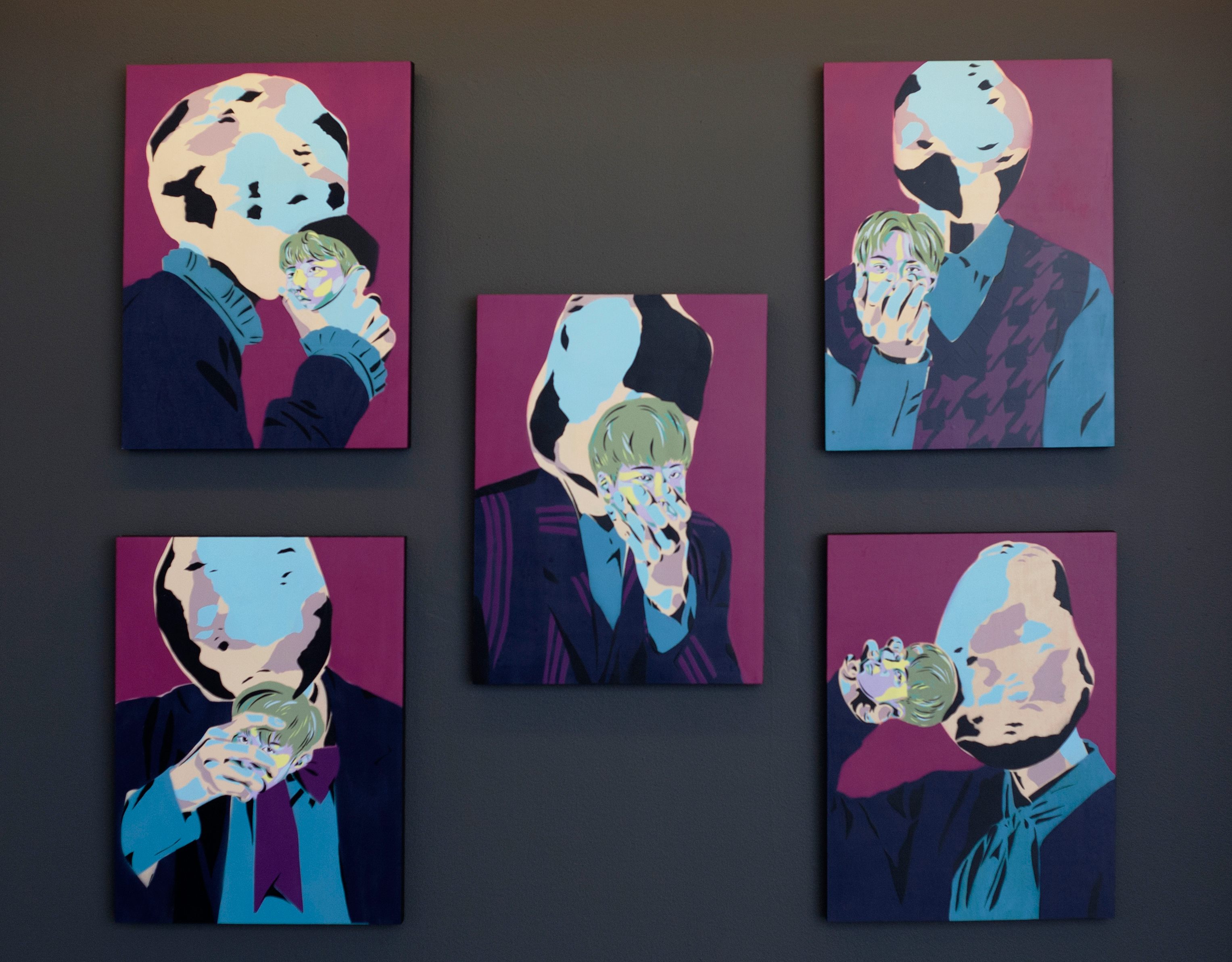
Price coined the term “potatoism” to describe the act of examining how potatoes intersect with and influence culture. But Price, who graduated from Stony Brook in 2003 with a master’s in studio art, points out that potatoes have long been represented in art. He was particularly influenced by Vincent Van Gogh’s 1885 work “The Potato Eaters,” a painting of a peasant family sharing a hard-earned meal of potatoes. Van Gogh drew many people harvesting or peeling potatoes, which symbolized the hardscrabble lives of Dutch peasants. As for why goofy, lumpy potatoes deserve so much attention, Price quotes the conceptual artist Joseph Beuys: “Even the act of peeling a potato can be an artistic act if it is consciously done.”
The Wang Center has hosted food-themed shows before, most notably its 2014 show on how mangos became a propaganda symbol in China under Mao. Jin curated that show as well, and she approached Price at one of his potato lectures to pitch a collaboration. Price then asked his potato-art contacts and former students to contribute art.

Jin suggested a focus on Asian art, she says, because the Center already had socialist Korean prints that extol the planting of potatoes. The spud in Asia, she says, contains multitudes of meanings.
“It’s nutritious, but poisonous as well,” Jin says of the potato’s status as a member of the nightshade family. “In North Korea and other socialist countries, it was a symbol of poverty and sorrow.” Decades ago, potatoes were considered a poor substitute for the staple of white rice, and potatoes still dominate North Korean food.
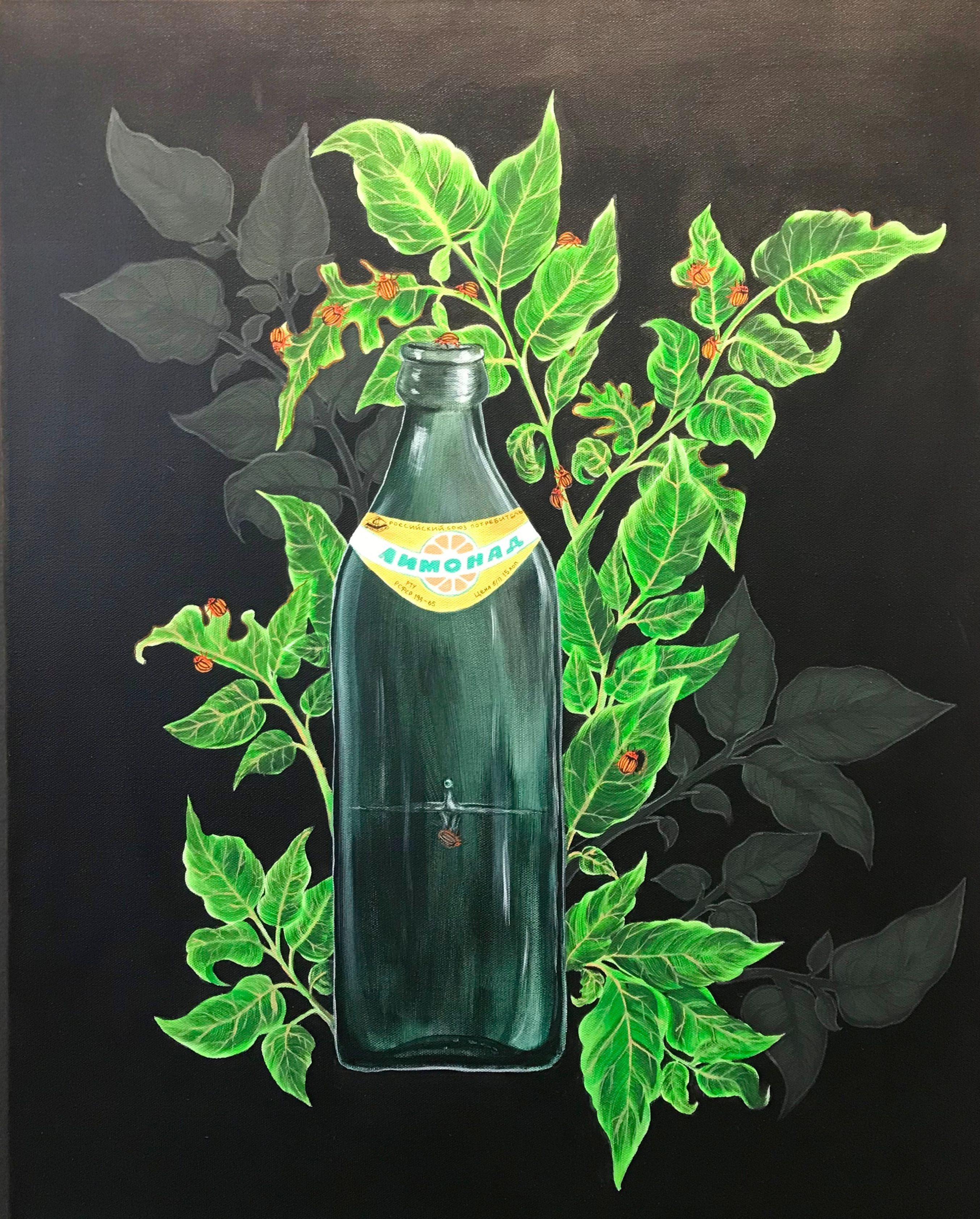
Jin points to the art of Seongmin Ahn, whose work is included in the show. Ahn depicted delicate red and gold peonies, which represent prosperity, covering decaying potatoes. The contrast, says Jin, speaks to the fragility of dreams and cruelty of reality. Russian artist Anna Prikazchikova painted a kerosene bottle entangled by a potato plant covered in beetles. Invasive Colorado beetles scourged Soviet potato fields, which the government claimed was an American plot. As a child, Prikazchikova picked off the beetles and drowned them in kerosene: a gruesome chore that she depicts as almost hauntingly beautiful. Another artist, Okada Noriko, used her eerie cloth-and-yarn sculpture Awakening to comment on the poisonous nature of potato sprouts, underlining that potatoes must be kept from growing to stay good as food.
Potato art is on the rise. In his research for the show, Price says he found practitioners across the globe, including luminaries like Yayoi Kusama and Subodh Gupta. But the potato’s influence in Asia isn’t just cultural or culinary. It’s also economic. “The three leading producers of potatoes in the world now are China, Russia, and India,” Price says. On a macro level, potatoes aren’t so humble after all.

But the potato art at the Wang Center is more micro, and concerned with individual relationships with potatoes. “Though potatoes are a symbol of a global, connected world, artists use them to tell personal stories,” Jin says. Part of potatoism is the communal experience of sharing potatoes, so the Center is offering lectures and art projects as well. Along with viewing the art, potato-lovers can create prints with potato stamps and crocheted potato amigurimi, a type of stuffed doll popular in Japan. Price has also set up a recording booth for people to tell their potato stories, which he plans to feature in his upcoming Potato Podcast.
“I hope to interview potato people from around the world,” he says, adding that potato-industry insiders, potato artists, and people with good potato recipes are all welcome.
Gastro Obscura covers the world’s most wondrous food and drink.
Sign up for our regular newsletter.





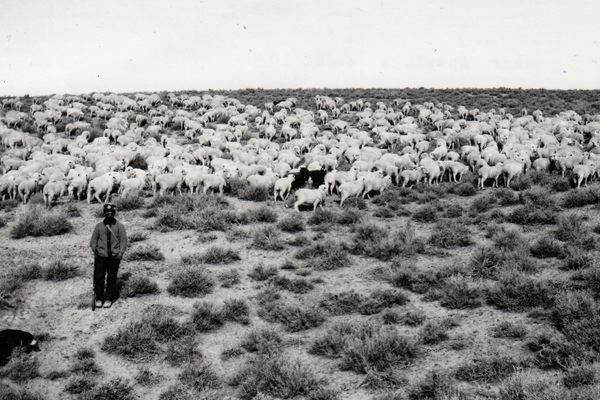
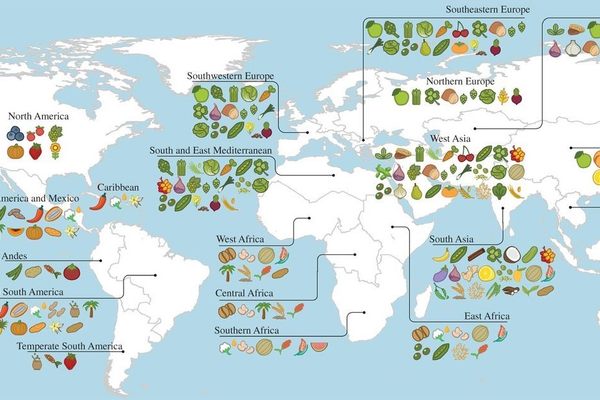



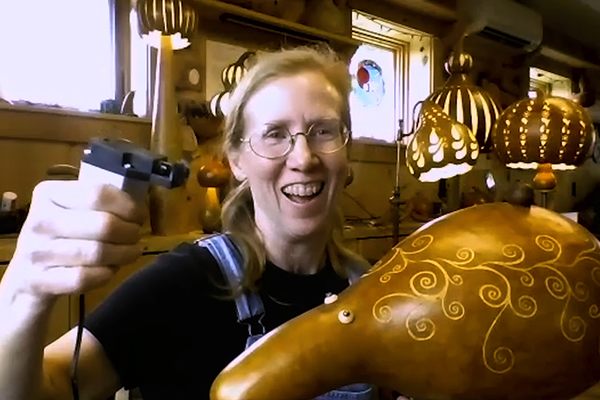












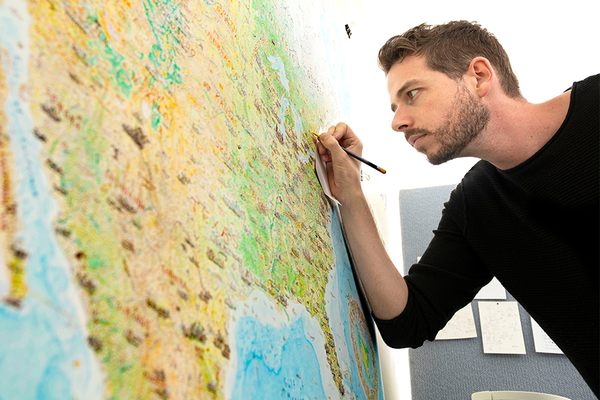
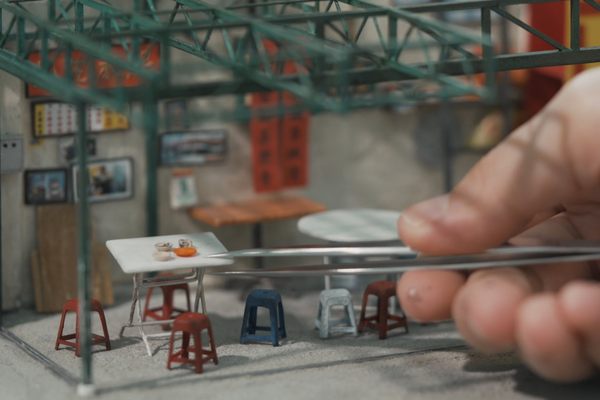



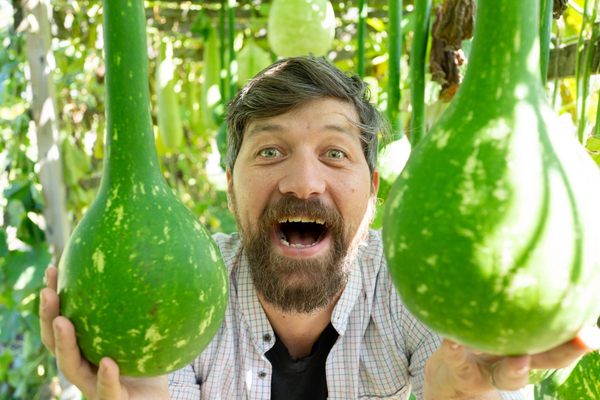

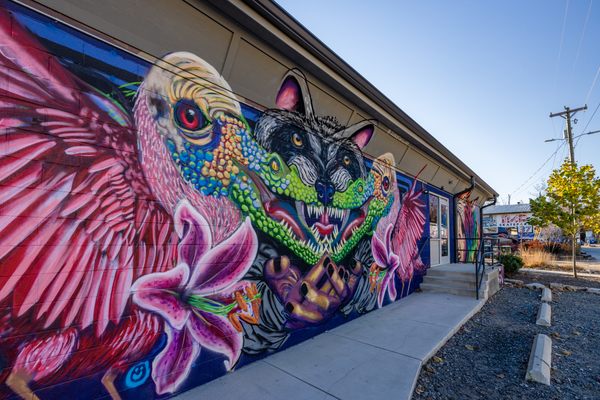
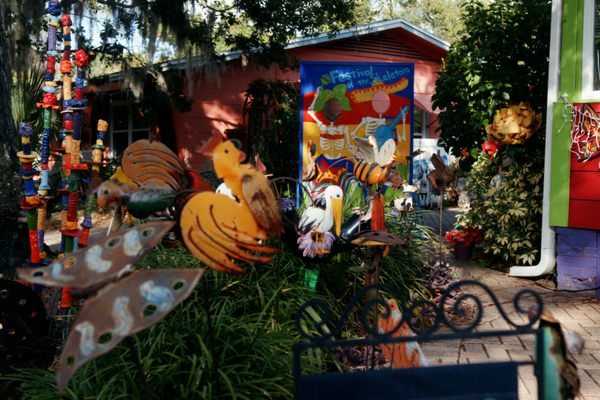






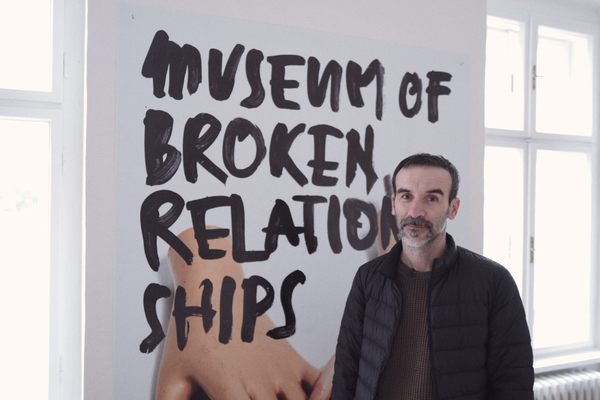



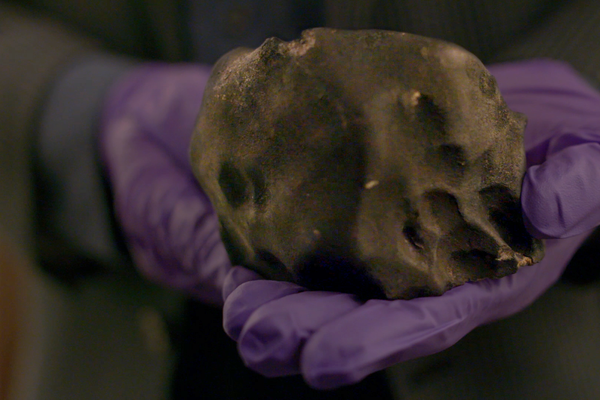

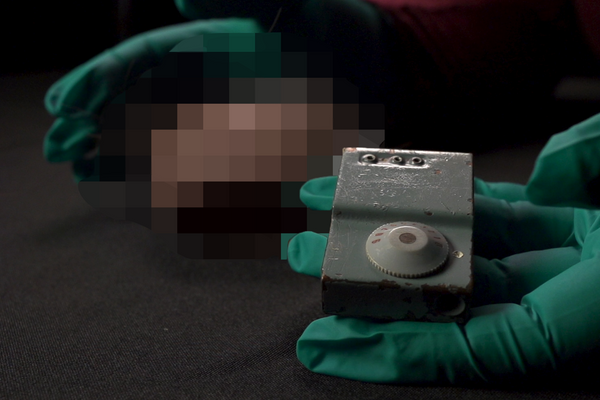

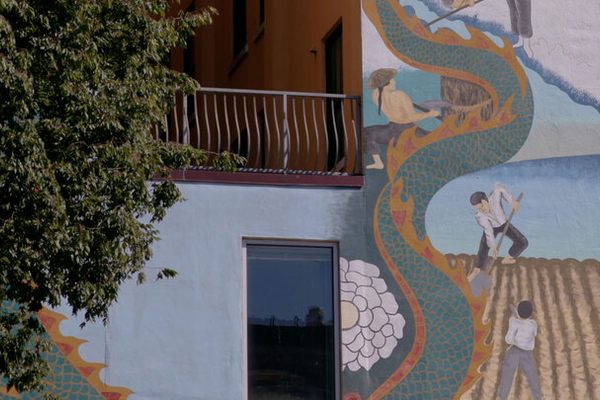


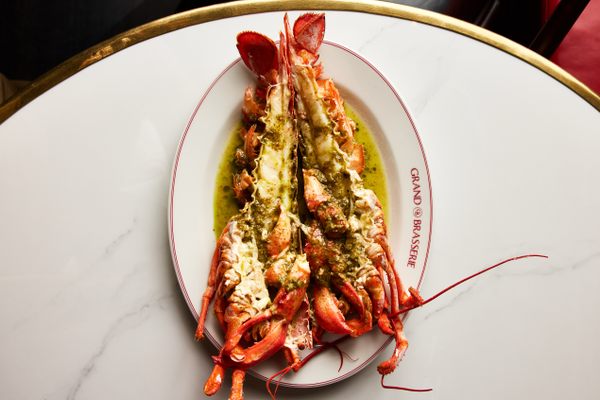




Follow us on Twitter to get the latest on the world's hidden wonders.
Like us on Facebook to get the latest on the world's hidden wonders.
Follow us on Twitter Like us on Facebook